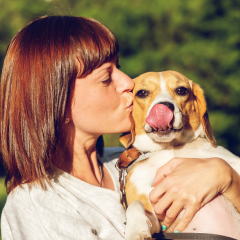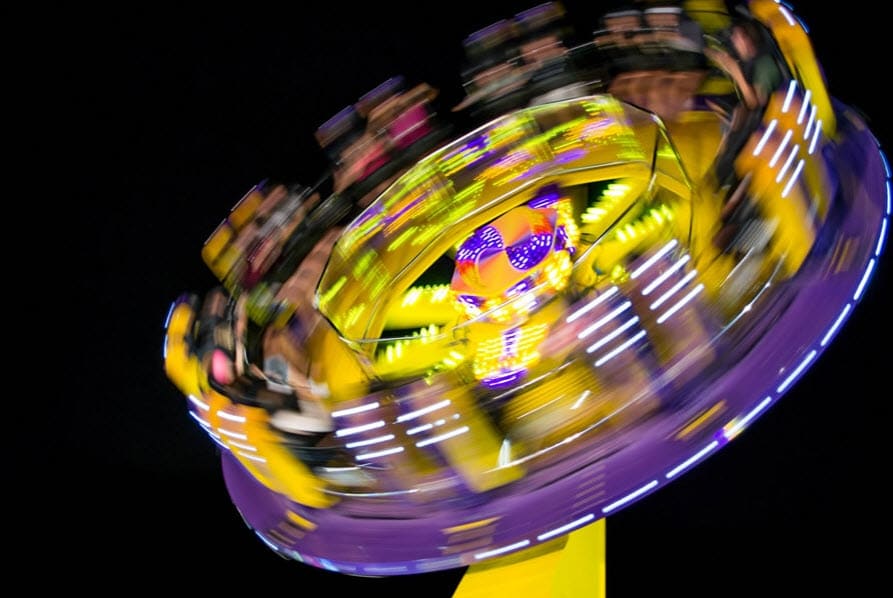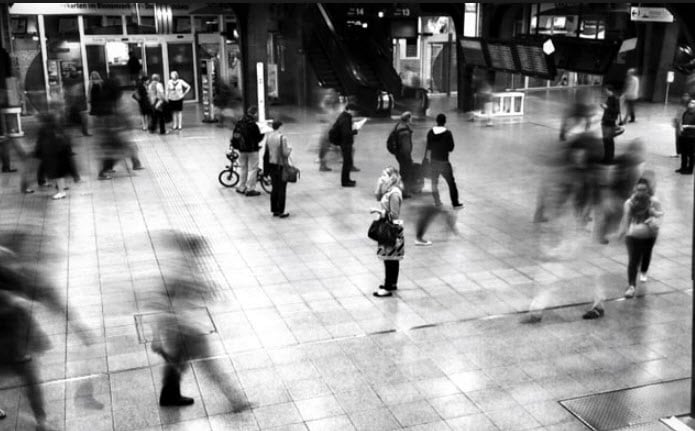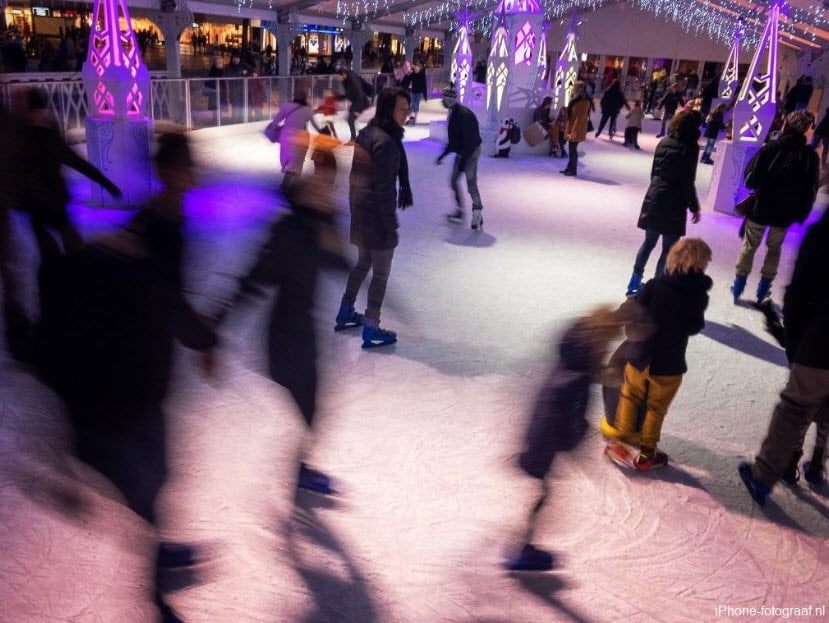![[New] In 2024, Capturing Fluidity in iPhone Photography](https://thmb.techidaily.com/a6af875fb6cb15aafd717b61af0a7acb112fadf86579f433a8538feaaaa997ff.jpg)
[New] In 2024, Capturing Fluidity in iPhone Photography

Capturing Fluidity in iPhone Photography
How to Capture Motion Blur Photos with iPhone

Ollie Mattison
Mar 27, 2024• Proven solutions
Capturing moving objects is one of the greatest challenges photography has ever faced. Photographers such as Eadweard Muybridge have dedicated their entire careers to perfecting the photographic techniques that enabled them to freeze movement. A century later, iPhone photographers face another challenge because capturing motion blur while keeping the rest of the photo in focus still demands preparation and skill.

Image resource: Contrastly
In this tutorial, we will show you several different methods of capturing motion blur on photos you take with your iPhone.
Two Ways to Take Motion Blur With an iPhone
Regardless of the method you use to depict motion blur, the speed at which the object or a person is moving determines how much of the motion blur you’ll be able to depict. If the photo’s subject is moving too slow, you’ll not be able to capture this effect on an image, so it is best to choose fast-moving objects as subjects of your motion blur photos.
Method 1: Shoot photos under darker light
The scarcity of light is one of the most important prerequisites for creating motion blur pictures. Well-lit scenes provide a sufficient amount of light to the camera, enabling it to capture a photo within a fraction of a second.
Motion blur photos require long exposures that last up to thirty seconds or more, which is why low light conditions are necessary if you want to create this effect on your photo. Consequentially, you must find a way to keep your iPhone steady for the duration of the exposure because if you fail to immobilize the device, the picture you’ll get will have too much blur.

Image resource: Contrastly
The best way to keep an iPhone camera perfectly still is to mount it on a tripod and use a remote shutter release to snap a photo. If your photo appears to be too blurry even when you’ve managed to keep the iPhone steady, try adding more light to the scene. You can use flashlights, car headlights, or any other light source available to you.
The location at which you are taking photos also plays a big part in the process of creating the motion blur photos, so you can either try shooting indoors where you can control how well-lit the scene is, or you can go to a forest or so the similar location where there is almost no light.

Image resource: iphone-fotograaf.nl
Method 2: Use the slow shutter app
iPhone photographers who find the built-in features of their cameras insufficient for the task of capturing motion blur photos should try using apps like Slow Shutter Cam or LongExpo . These apps can create a motion blur effect on an image in locations where there is a lot of light.
Photographing scenes in which car taillights leave a long trail or where rivers appear to be smooth and silky is easy with iPhone apps that enable you to set slow shutter speeds. Furthermore, if you manage to get very close to the subject of your photo, these apps for iPhones will allow you to capture a near-perfect motion blur effect.
Conclusion
Being persistent is important if you want to create photos that depict motion blur since you’ll have to take many pictures before getting the image you want. Long exposure photography demands patience and practice because each subject is different, and each location you decide to shoot has its challenges.
However, your iPhone offers powerful tools that allow you to capture motion blur on your photos. Still, you might need some additional photography equipment if you want to get the best results possible.

Ollie Mattison
Ollie Mattison is a writer and a lover of all things video.
Follow @Ollie Mattison
- Title: [New] In 2024, Capturing Fluidity in iPhone Photography
- Author: Jeffrey
- Created at : 2024-07-12 01:57:28
- Updated at : 2024-07-13 01:57:28
- Link: https://fox-hovers.techidaily.com/new-in-2024-capturing-fluidity-in-iphone-photography/
- License: This work is licensed under CC BY-NC-SA 4.0.